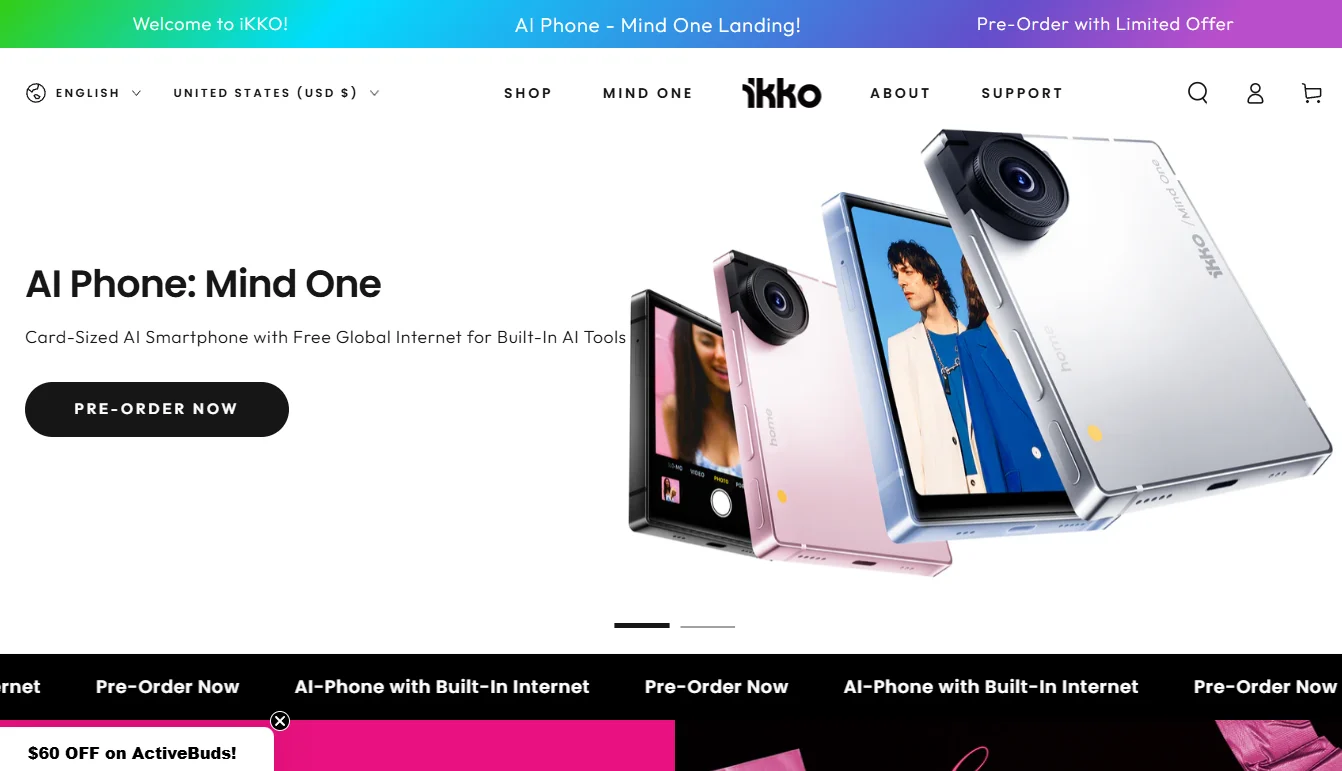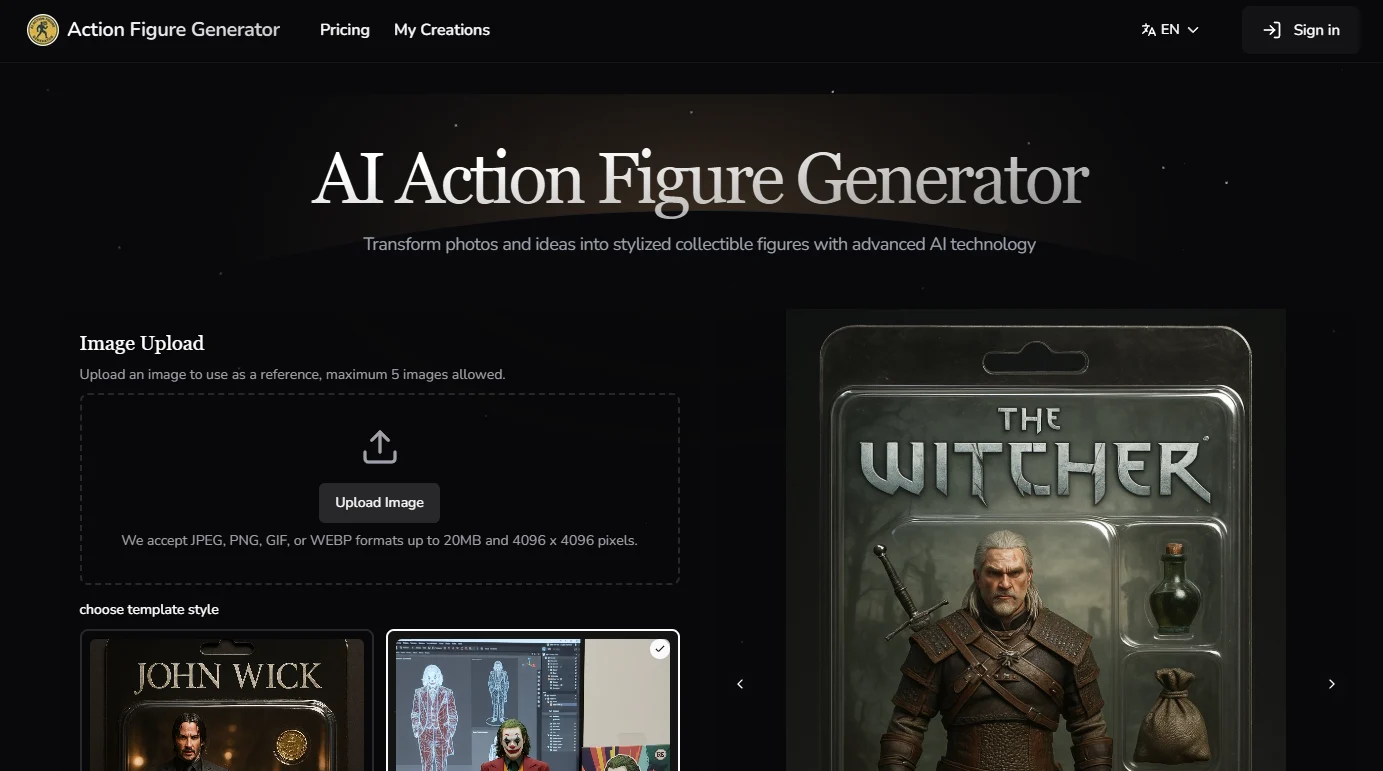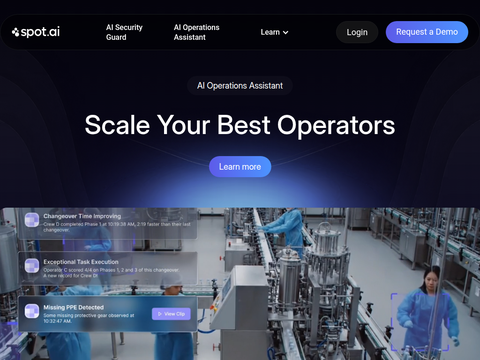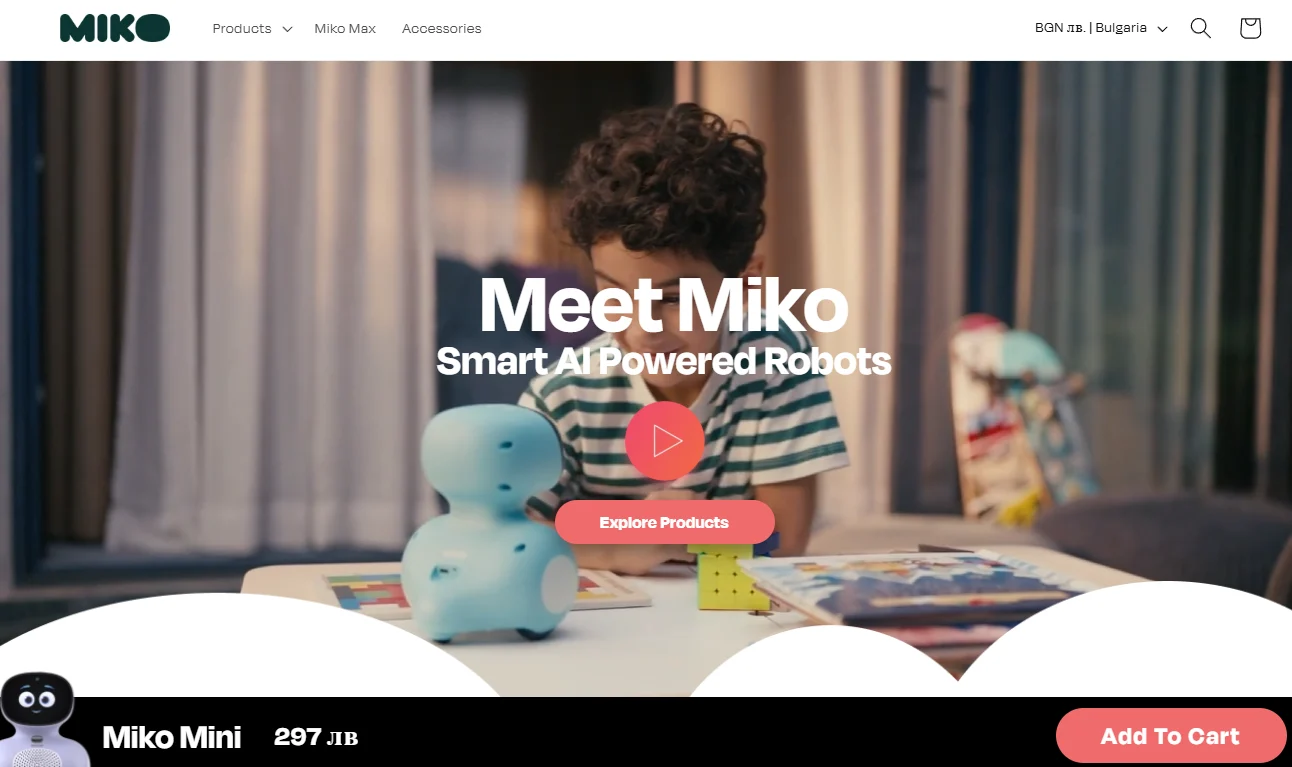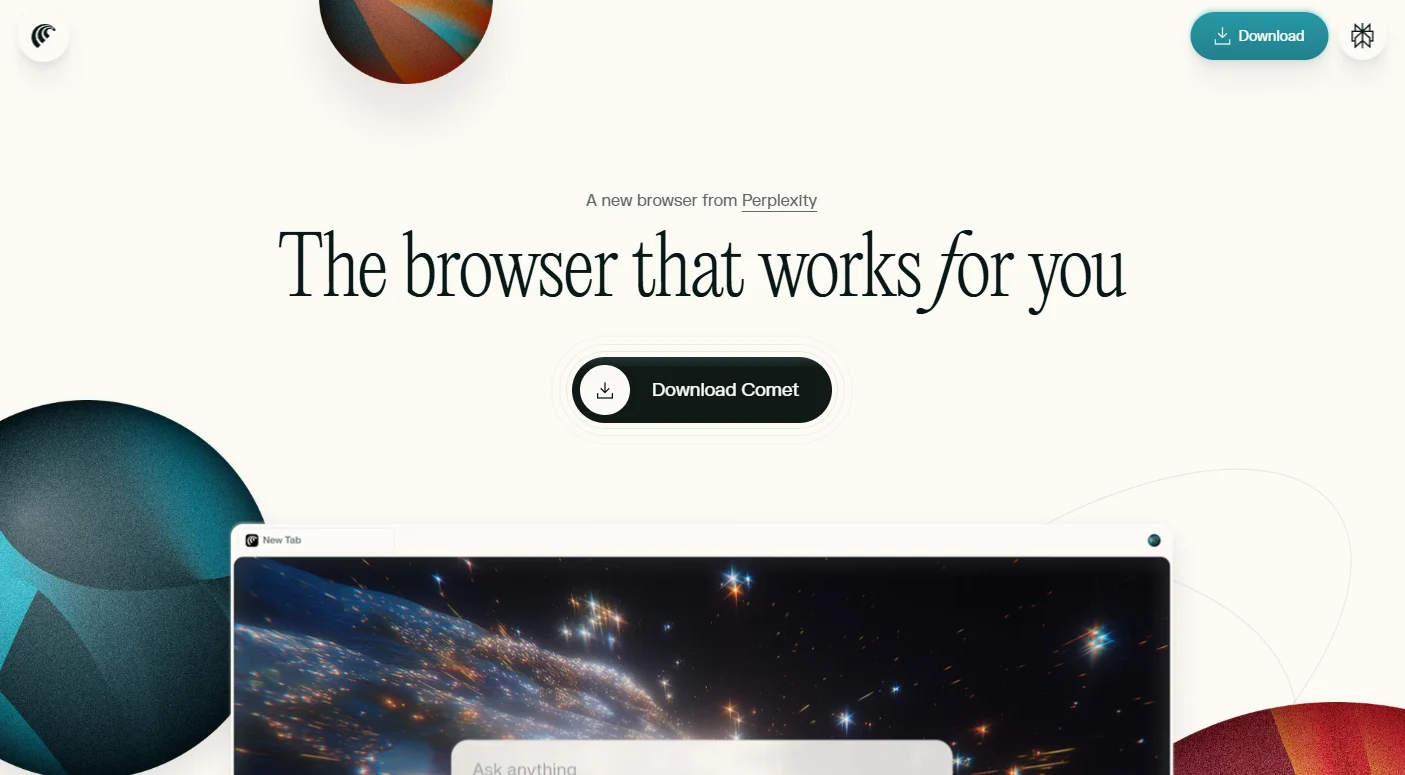Can Mira Murati Save OpenAI?
In the latest episode of "Silicon Valley," viewers were shocked by the sudden and unexpected news of the dismissal of Sam Altman, co-founder and CEO of OpenAI, by the board of directors. This surprising turn of events was further amplified when Greg Brockman, who served as president and chairman of the board, also resigned.
As a result, Mira Murati, Chief Technology Officer of OpenAI, was appointed as the interim CEO. Murati was the only person who knew about Altman's dismissal and Greg's departure from the board the night before, while still retaining her role in the company. The management team was informed of these developments shortly after the dismissal.
Following this news, Murati sent an employee memo encouraging them to stay focused on their tasks. According to Bloomberg, Murati expressed her "honour and humility" in being able to assume a leadership position and emphasized the importance of maintaining focus, determination, and adherence to core values.
Murati, who has Albanian heritage and grew up in San Francisco, holds a Bachelor's degree in Mechanical Engineering from Dartmouth. She has held key positions at Goldman Sachs, Zodiac Aerospace (a subsidiary of Safran), and Tesla under Elon Musk, where she served as a Senior Product Manager for the "Model X" vehicle.
After serving as Vice President of Product and Engineering at Leap Motion, she joined OpenAI in 2018 as Vice President of Applied AI and Partnerships, eventually rising to the position of Chief Technology Officer and now interim CEO.
Murati has played a crucial role in groundbreaking AI projects such as DALL·E 2, DALL·E 3, ChatGPT, and GPT-4. While she usually operates behind the scenes, Murati has started to make public appearances, discussing the impact of AI tools and advocating for responsible AI regulations, emphasizing the need for broader participation beyond tech companies in shaping ethical policies.
In an interview, Murati mentioned that during her time at Leap, she realized that AGI would be the ultimate and most important technological milestone and believed that only OpenAI was dedicated to advancing AI capabilities while ensuring responsible development, which motivated her to join them.
Methodological Differences
Murati has recently been more visible, providing insights into her beliefs in the field of AI navigation. In an interaction with Microsoft's CTO Kevin Scott in July, Murati candidly spoke about the widespread uncertainty surrounding LLMs and the need for clear guidance and decision-making processes in the field, proposing how to prioritize, invest in, release, or position different aspects of AI.
"When we started building GPT over five years ago, our primary focus was on the safety of AI systems," Murati said. She emphasized the risks associated with allowing humans to directly define goals or purposes for AI systems, as this approach can involve complex and opaque processes for critical functions, potentially leading to serious errors or unintended consequences. Murati and her team shifted their focus to using RLHF to ensure the safe and effective development of AI.
After developing GPT-3 and releasing it through an API, OpenAI was able to integrate AI safety into real-world systems for the first time. They used instruction following models to obtain prompts from customers and generate feedback for the model to learn from. By fine-tuning the model with this data, they were able to build instruction following models that are more likely to align with user intent and perform desired actions.
For Murati, this was an important step forward, as AI safety was no longer just a theoretical concept but became practical in the real world.
Cause and Effect
Following Altman's dismissal, Ilya Sutskever, co-founder and Chief Scientist of OpenAI, who is believed to be the mastermind behind Altman's sudden dismissal, addressed the employees. According to The Information, he even denied that Altman's dismissal was a "coup" or "hostile takeover," although there were genuine concerns within the organization related to the prioritization of commercializing AI technology, which may have overlooked safety precautions.
Within OpenAI, an ongoing debate revolves around balancing the pursuit of AGI with safety concerns and avoiding a sole focus on commercial interests. On one side are Altman and Brockman, and on the other side is Sutskever.
For Sutskever, the importance of AGI lies in being a practical benchmark for AI capabilities. Both sides approach the potential impact of AGI on society with caution and thoughtfulness but do not compromise on safety.
In line with this viewpoint, Murati strongly supports the development that prioritizes AGI benefiting humanity. Both Murati and Sutskever believe in the importance of AGI development while ensuring its benefits for humanity.
Earlier, Murati made strategic decisions to refocus on improving the alignment and safety of ChatGPT, even during the development of GPT-4. The goal was to actively involve researchers and gather their feedback to enhance the reliability, robustness, and alignment of ChatGPT.
Altman's announcement at DevDay, especially those involving Microsoft, led to the interruption of ChatGPT, possibly due to a DDoS attack. Due to the surge in usage after DevDay, OpenAI also temporarily paused new registrations for ChatGPT Plus.
Ultimately, Sutskever acknowledged that some OpenAI employees were concerned that under Altman's leadership, there may have been an excessive emphasis on rapidly transforming AI development into a profitable business. This strong focus on commercialization may have sidelined or compromised the rigorous safety measures and precautions that are crucial in AI system development.
Altman initially founded OpenAI as a non-profit organization but later introduced a for-profit entity to ensure AI research funding, a move seen as conflicting with the company's commitment to safety. Additionally, his shift from open-source to closed-source practices went against the company's original intentions, seemingly differing from Sutskever's stance on this matter.
Elon Musk, who assisted in founding OpenAI, quickly departed when Altman became more focused on commercialization rather than open-source AI, abandoning the original idea of openness. Musk, a firm believer in open-source AI, plans to open-source the xAI chatbot Grok, as he previously stated that the closed-source policy would lead to "bad causality." On the other hand, Musk praised Sutskever as a "smart, kind human" and a pillar of OpenAI.
With the resignation of three senior researchers at OpenAI, including Jakub Pachocki, Aleksander Madry, and Szymon Sidor, in response to Altman's dismissal and Brockman's resignation, Mira Murati's role as the interim CEO becomes increasingly important. She will leverage her extensive experience in AI to advocate for responsible AI and emphasize that AGI development is for the benefit of humanity.
Apart from internal memos, Murati has not made any public statements regarding her new role.

